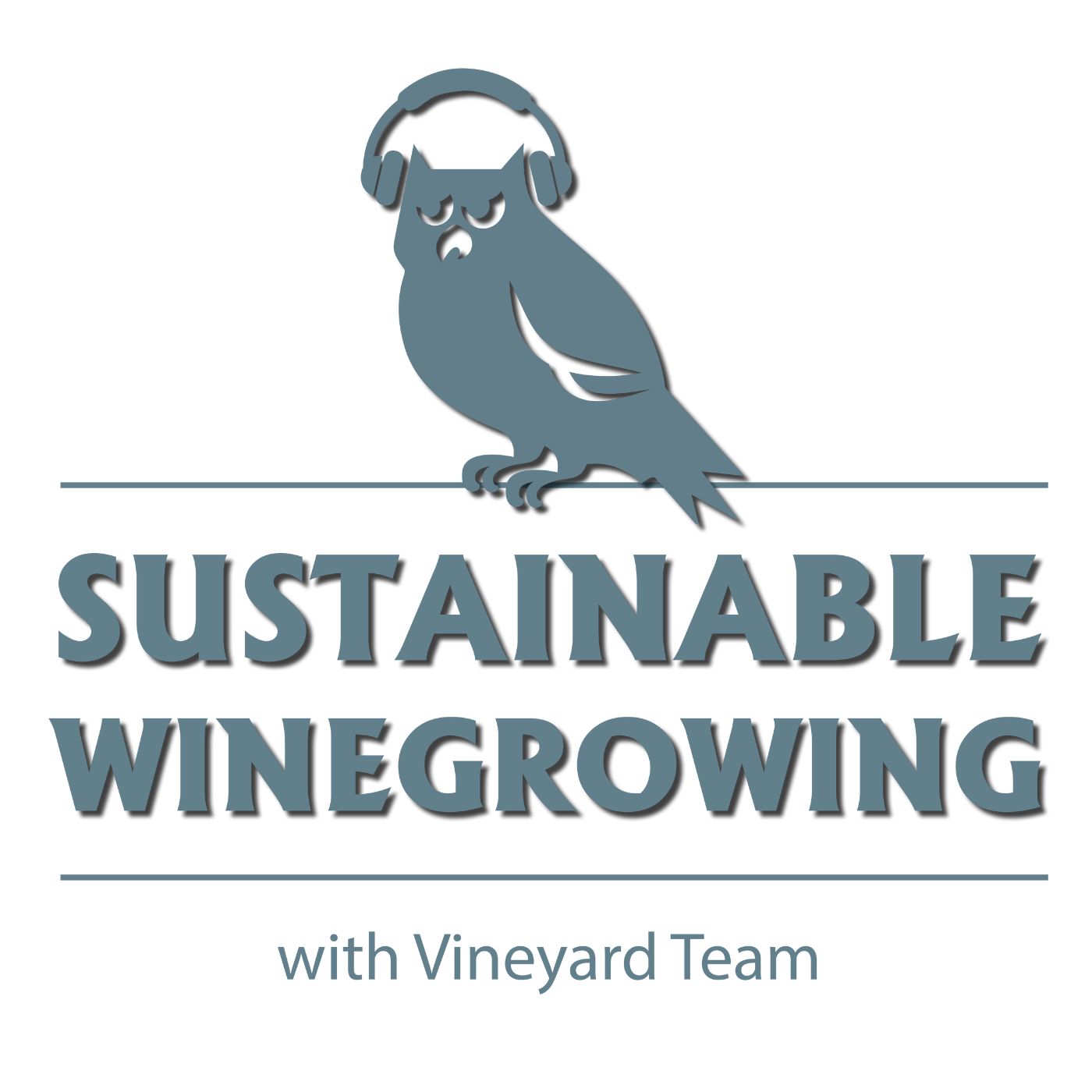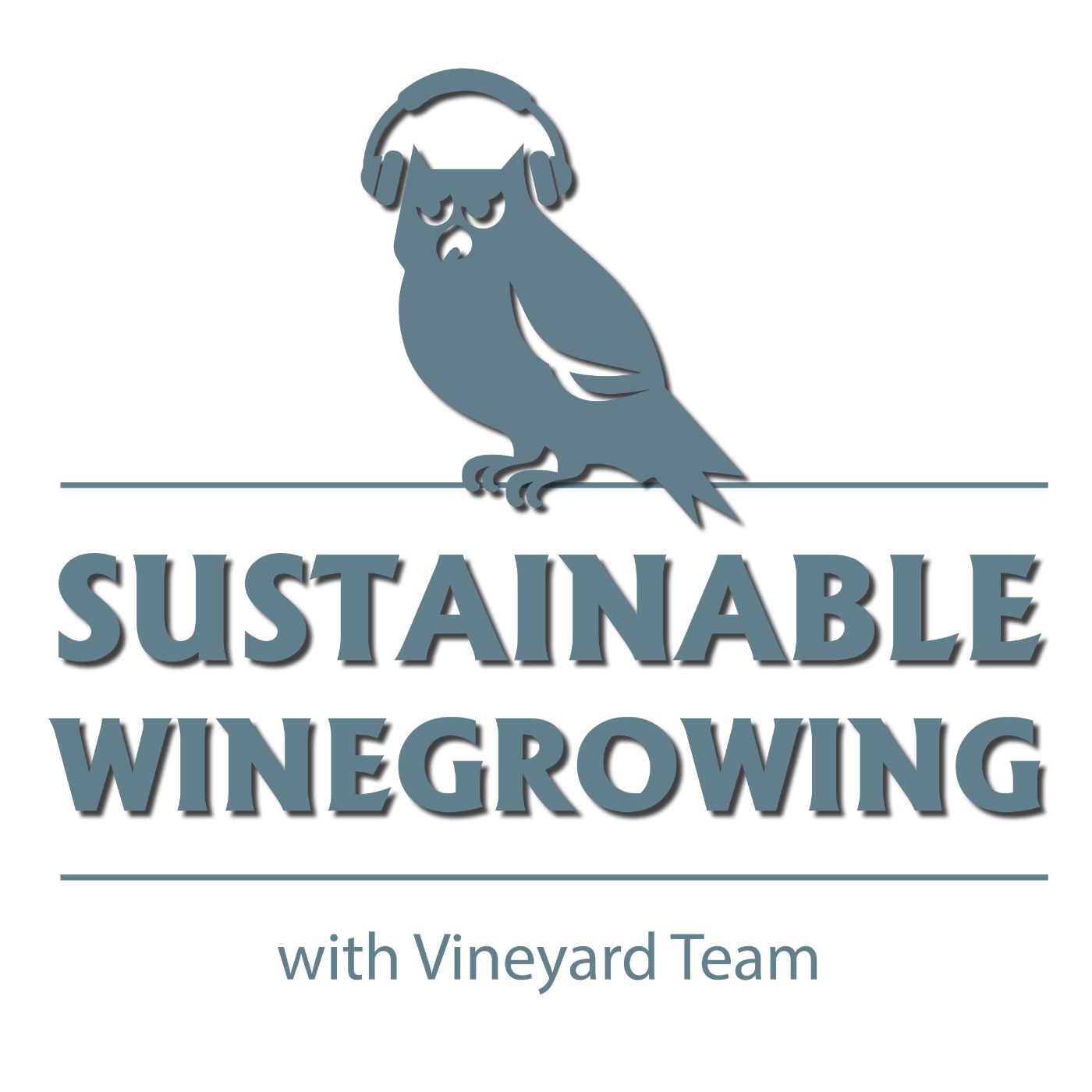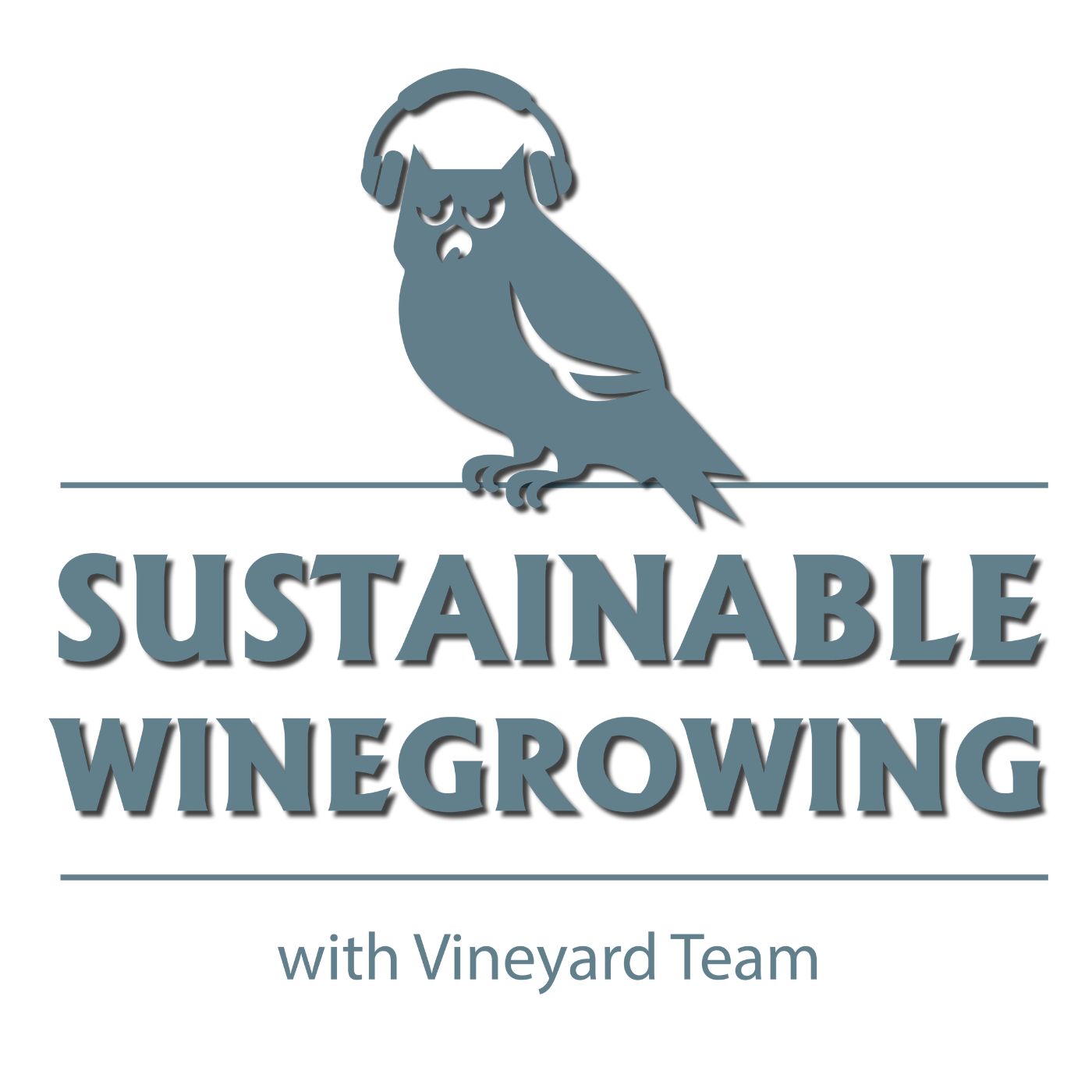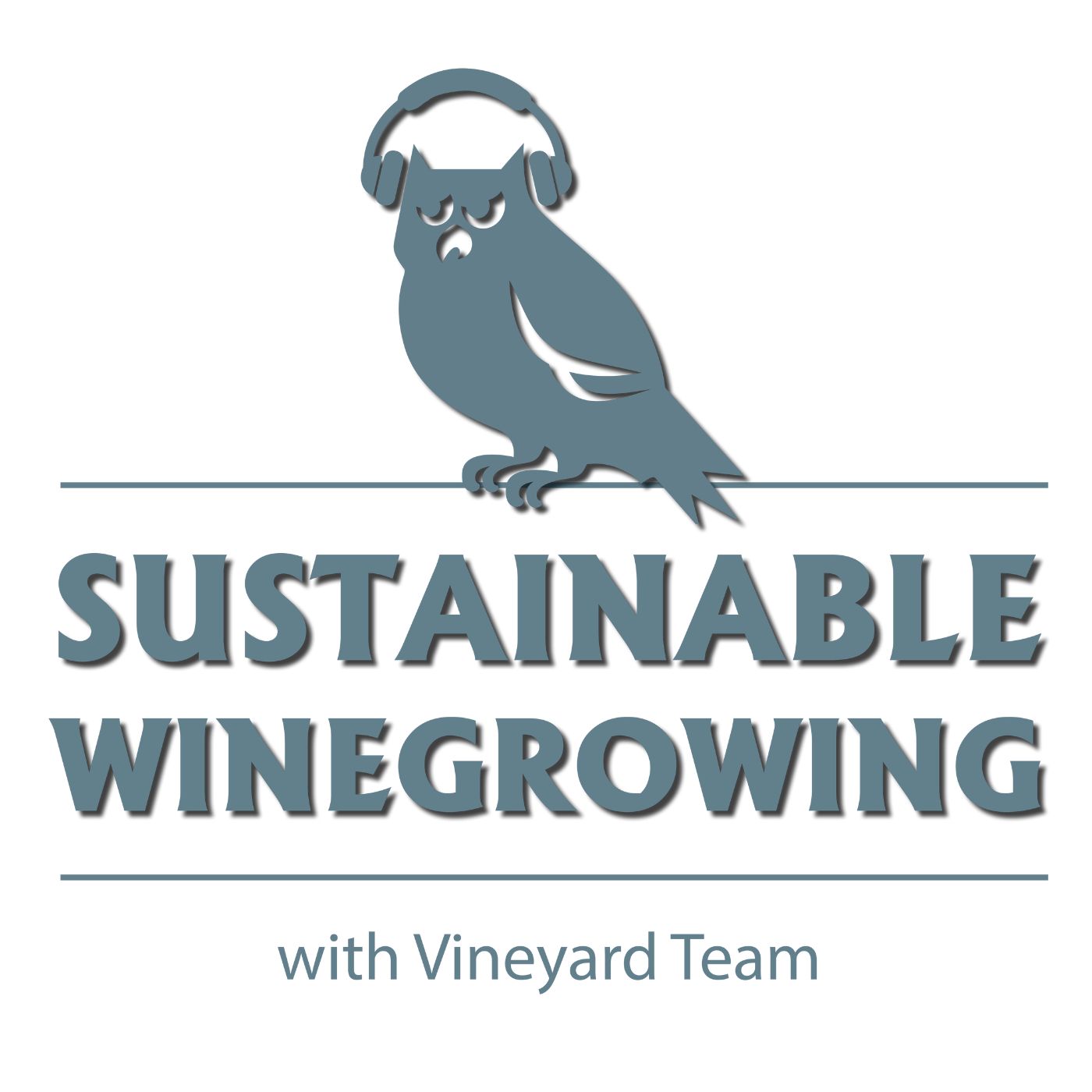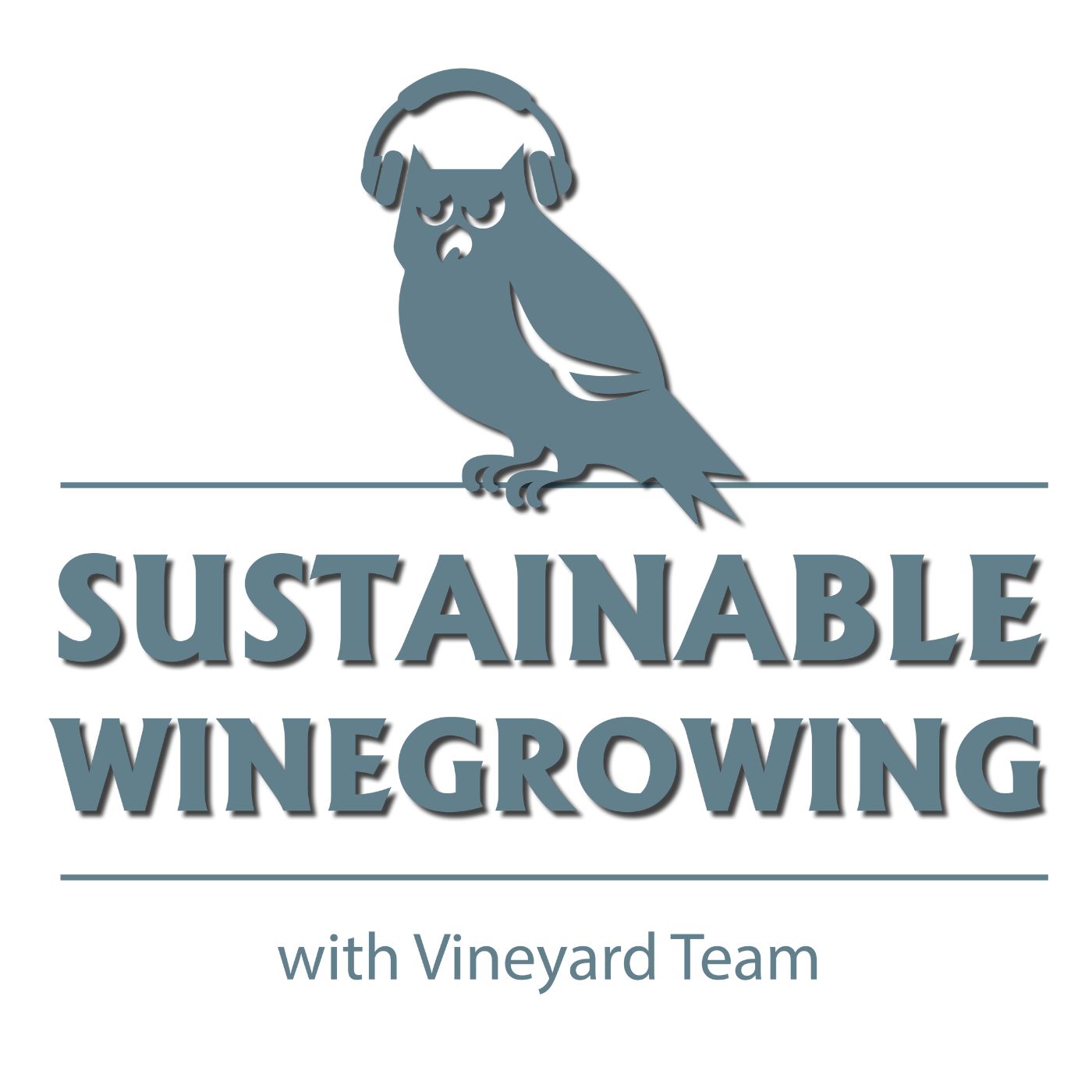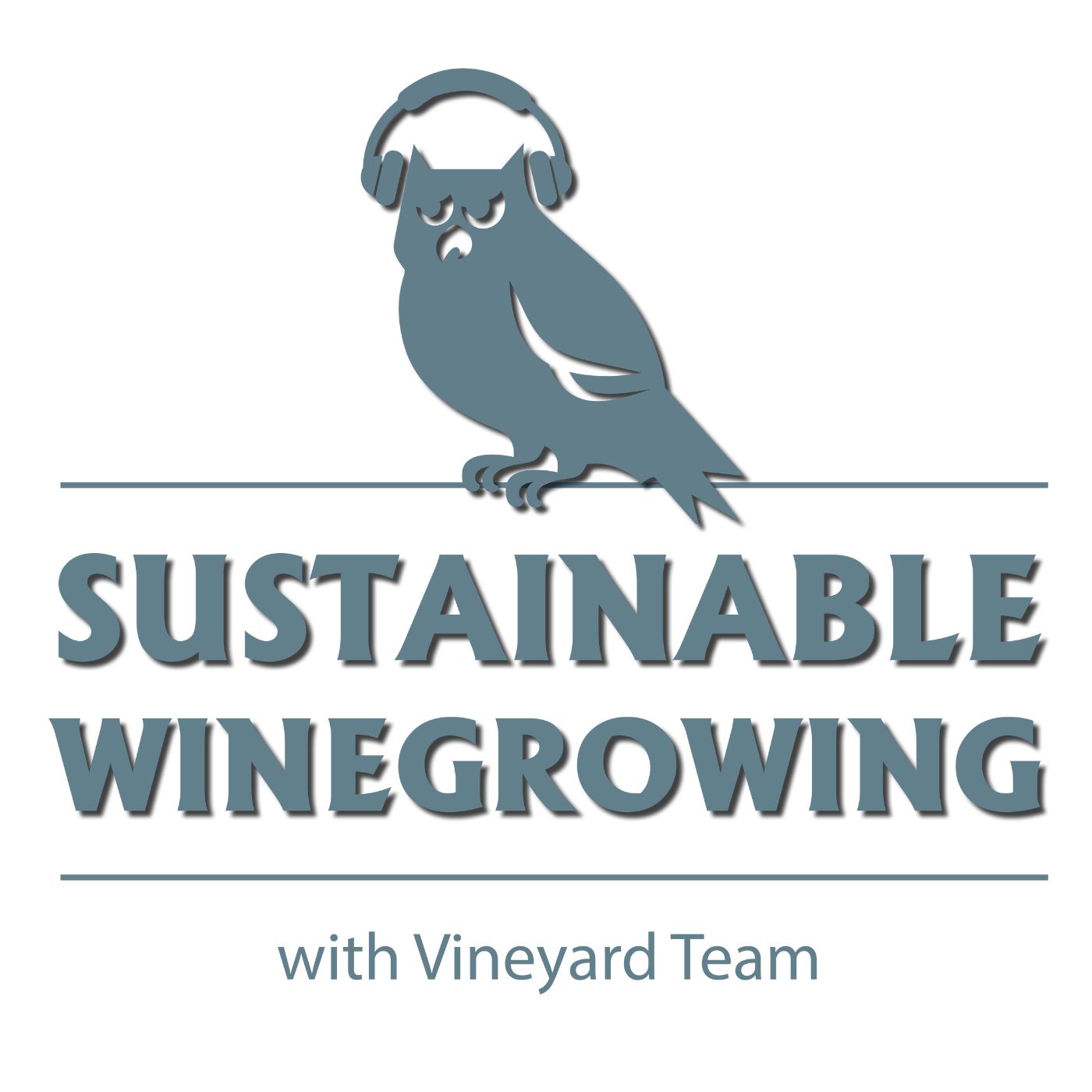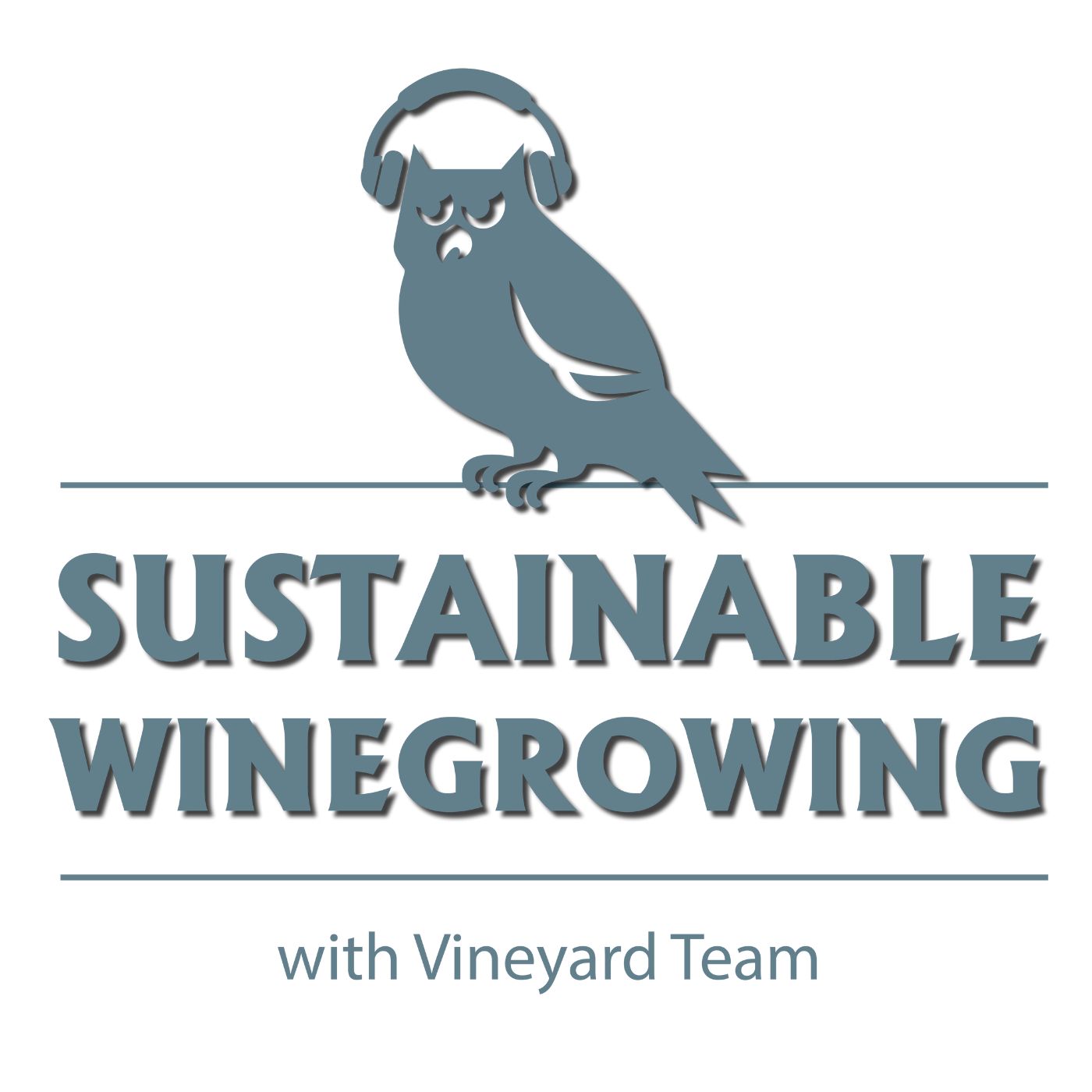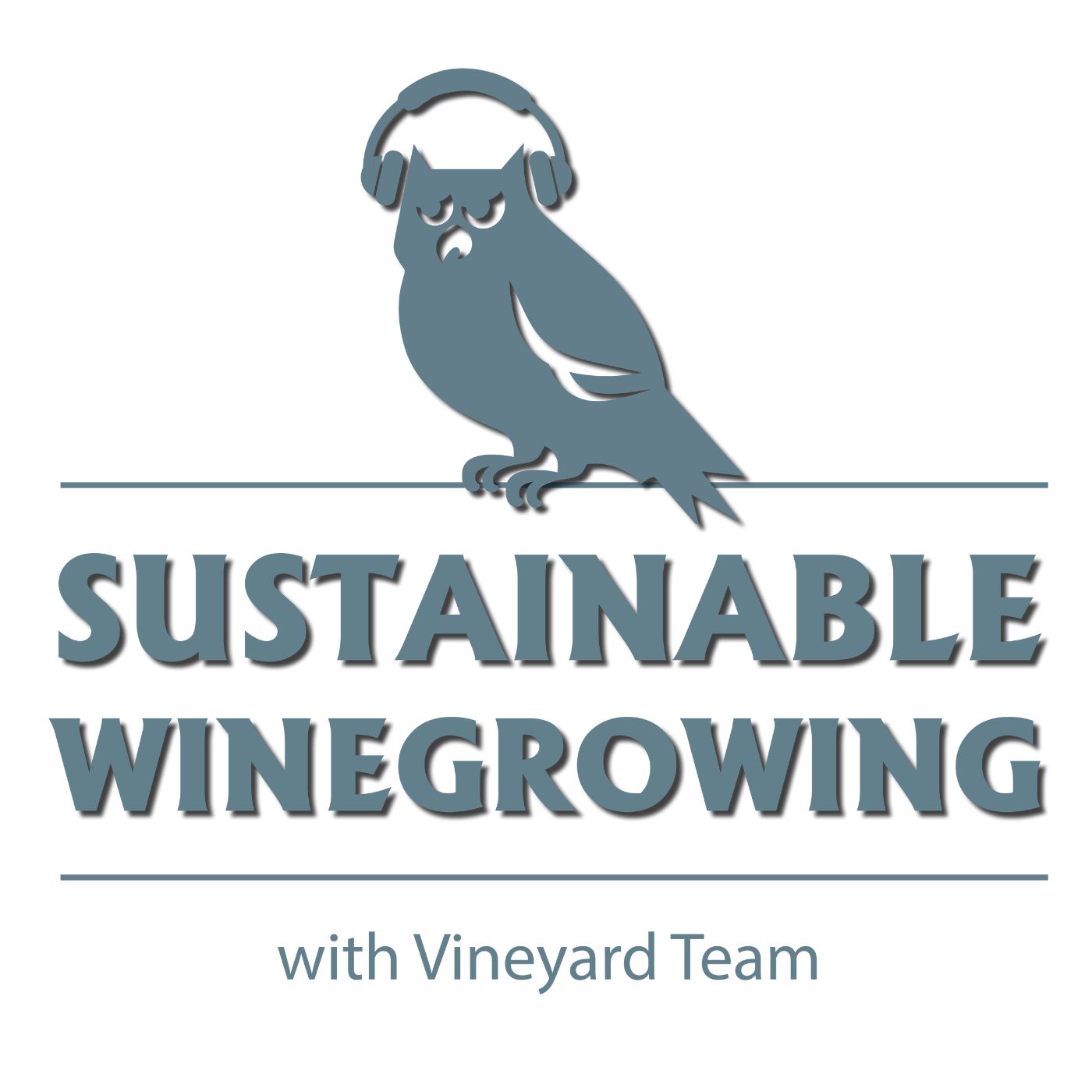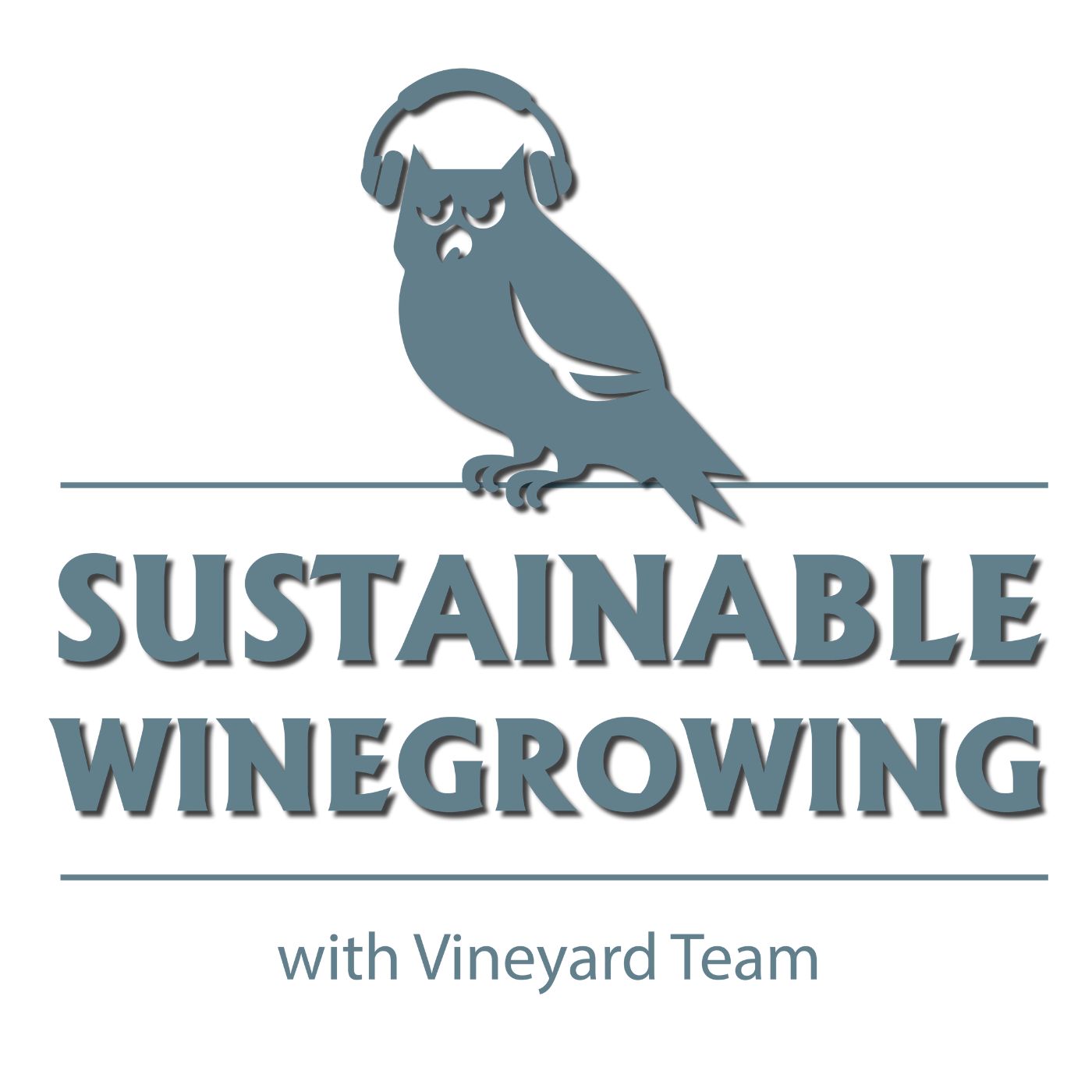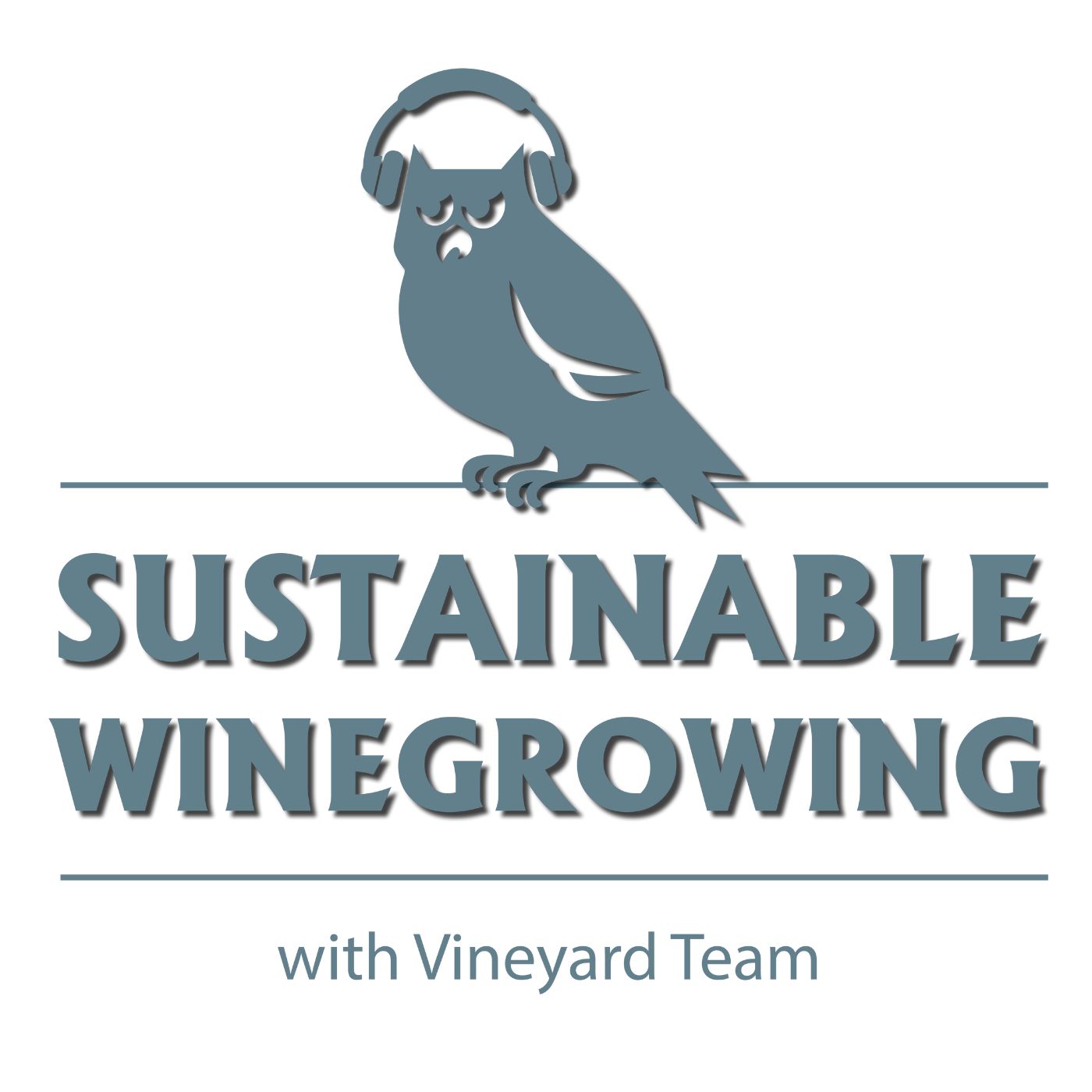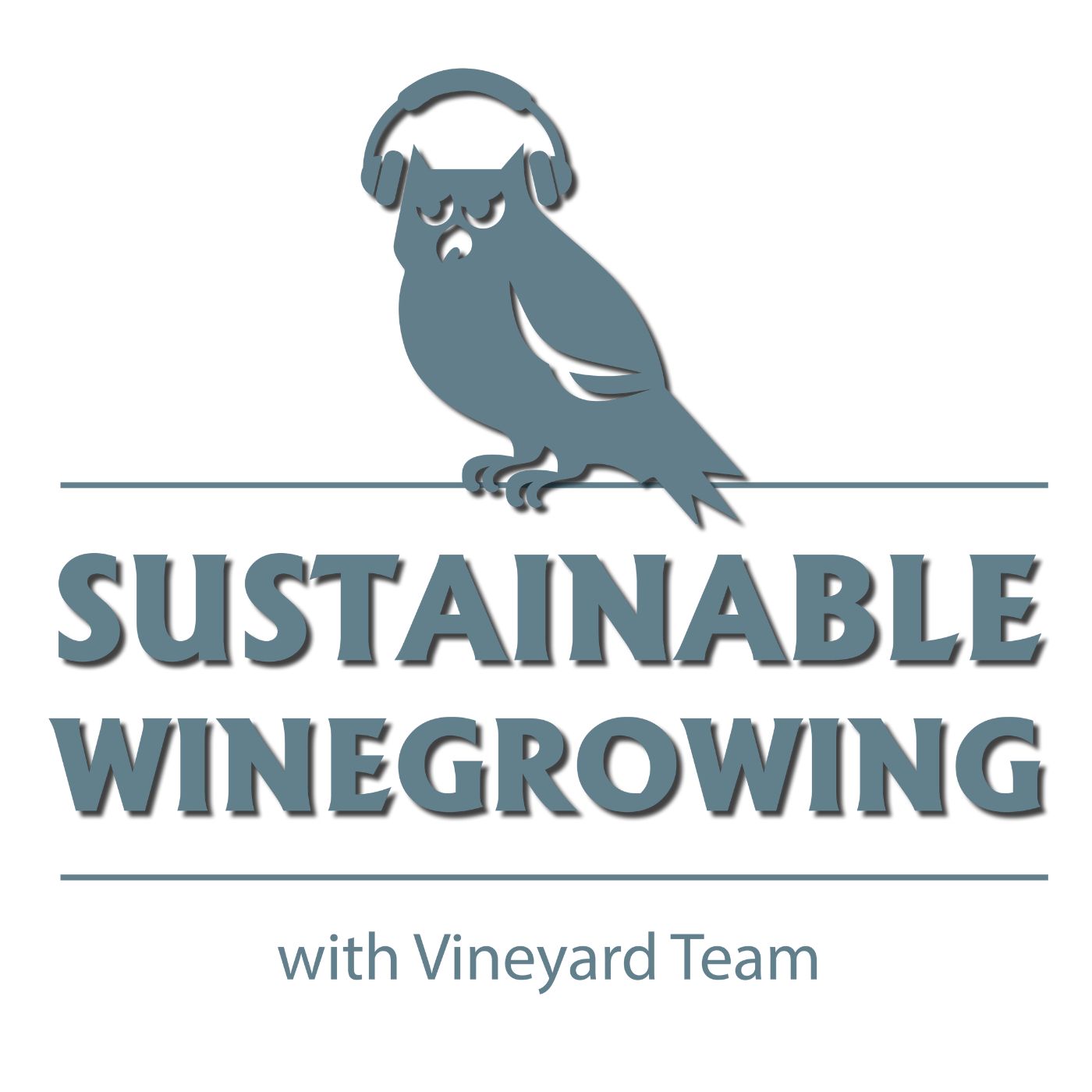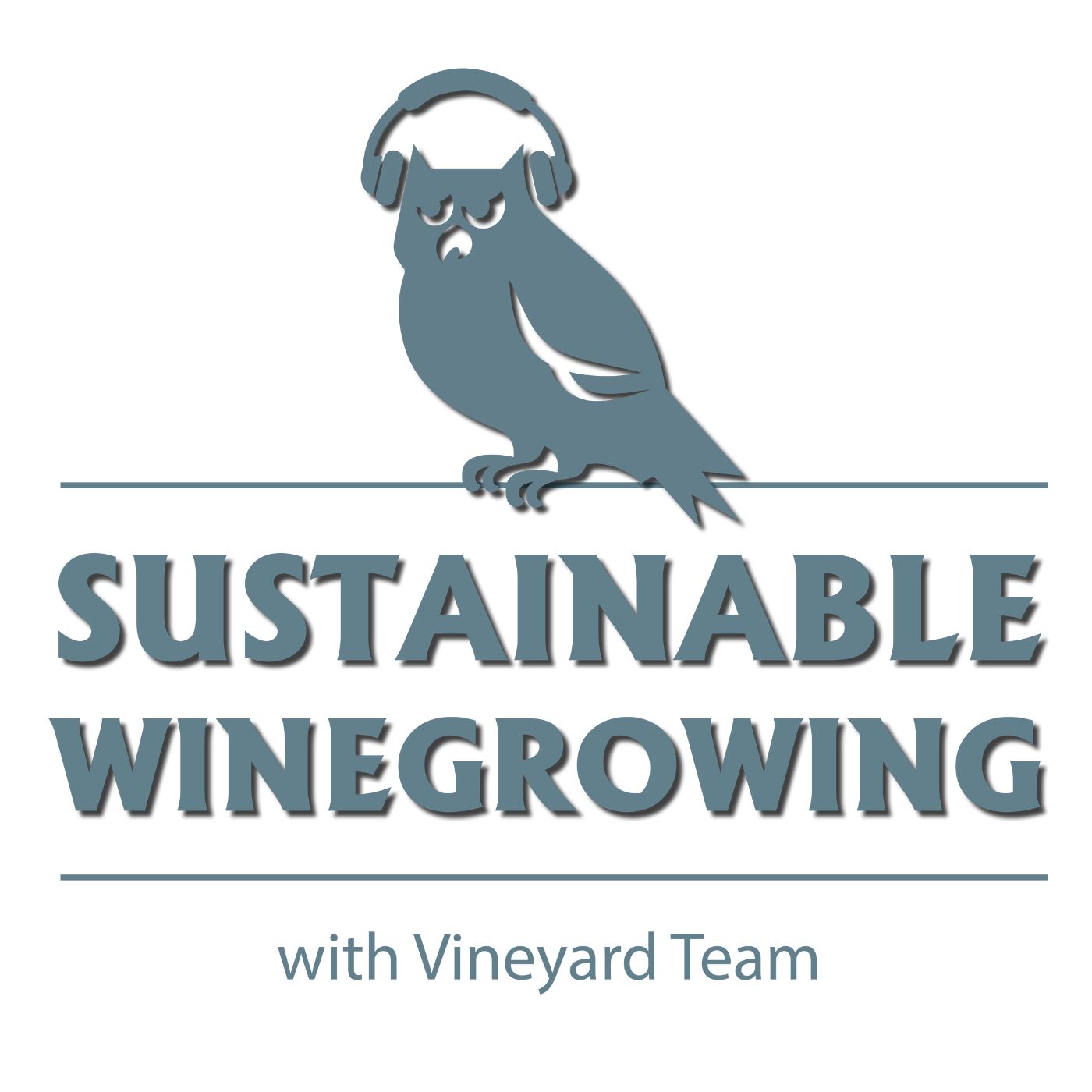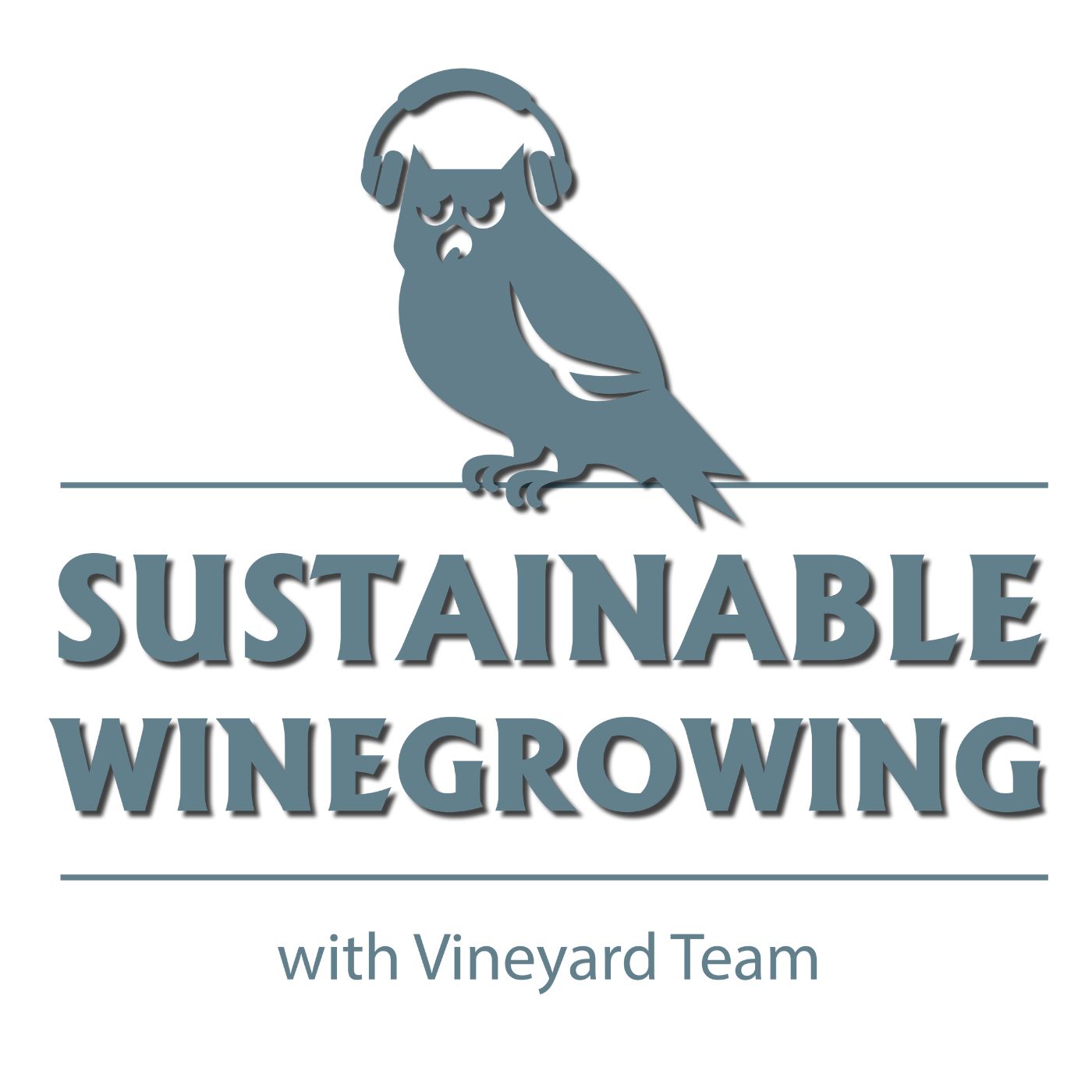269: From Surplus to Strategy: Managing the Grape Market’s Challenges
Description
Amid news of oversupply and decreased demand, the wine industry has an opportunity to adapt to the changing market. Audra Cooper, Director of Grape Brokerage, and Eddie Urman, Central Coast Grape Broker at Turrentine Brokerage, discuss key grape and wine industry trends, from oversupply and vineyard removals to the growing necessity of sustainable certification. They explore regional dynamics, bulk wine market shifts, and future trends, emphasizing innovation, industry collaboration, and better marketing to stay competitive.
Resources:
- REGISTER: 4/5/25 Fungicide Spraying: Evolving Strategies & Grower Insights Tailgate
- 258: 5 Ways Certification Makes Brands the SIP | Marketing Tip Monday
- 259: Winegrape Market Trends of 2024
- 265: How to Stand Out on Social Media in 2025
- 268: How to Tackle Leadership Transitions Successfully
- Turrentine Brokerage
- Turrentine Brokerage - Newsletter
Vineyard Team Programs:
- Juan Nevarez Memorial Scholarship - Donate
- SIP Certified – Show your care for the people and planet
- Sustainable Ag Expo – The premiere winegrowing event of the year
- Vineyard Team – Become a Member
Get More
Subscribe wherever you listen so you never miss an episode on the latest science and research with the Sustainable Winegrowing Podcast. Since 1994, Vineyard Team has been your resource for workshops and field demonstrations, research, and events dedicated to the stewardship of our natural resources.
Learn more at www.vineyardteam.org.
Transcript
[00:00:00 ] Beth Vukmanic: Amid news of oversupply and decreased demand, the wine industry has an opportunity to adapt to the changing market.
[00:00:11 ] Welcome to Sustainable Wine, growing with the Vineyard team, where we bring you the latest in science and research for the wine industry. I'm Beth Vukmanic executive director.
[00:00:22 ] In today's podcast, Craig McMillan, critical resource Manager at Niner Wine Estates. With Longtime SIP Certified Vineyard, and the first ever SIP certified winery speaks with Audra Cooper, director of Grape Brokerage and Eddie Urman, central Coast Grape Broker At Turrentine Brokerage,
[00:00:41 ] they discuss key grape and wine industry trends from oversupply to vineyard removals to the growing necessity of sustainable certification. They explore regional dynamics, bulk wine market shifts and future trends. Emphasizing innovation, industry collaboration, and better marketing to stay competitive.
[00:01:01 ] If you love infield education and are on California Central Coast on April 25th, 2025, please join us at the fungicide spring tailgate hosted at Cal Poly. In San Luis Obispo, California, Dr. Shunping Ding will share updated results from a 2024 study on fungicide programs using bio fungicides and their impact on grape yield and berry chemistry. Then we'll visit the Cal Poly Vineyard to explore new powdered mildew management technologies and discuss fungicide spraying programs. With farmers from throughout the central coast to register, go to vineyard team.org/events or look for the link in the show notes.
[00:01:44 ] Craig Macmillan: Our guests today are Audra Cooper. She's Director of Grape Brokerage with Turrentine Brokerage. And also, Eddie Urman, who's Central Coast Grape Broker with Turrentine Brokerage as well. And thanks for coming back. This is part two of a, of a, of an episode here. So, I really appreciate you folks making time to come back.
[00:02:00 ] Audra Cooper: Thank you for having us back. We're excited to join you once again.
[00:02:04 ] Eddie Urman: Yeah, thanks for having us.
[00:02:05 ] Craig Macmillan: So Audra, let's start with you. In our last conversation .
[00:02:17 ] And that was kind of where we left it that then started a conversation amongst the three of us afterward. We were like, okay, there's a lot more to talk about here. So let's do it.
[00:02:24 ] Can you give some examples of what you mean by getting ahead of changes?
[00:02:30 ] Audra Cooper: I think it's a sound business strategy to always try and stay ahead of the curve regardless of what component of business or what industry you're in, right? It's just a, a good strategy to have and a good philosophy to have. It's really important in this industry to continue to stay relevant and in order to stay relevant, you have to stay within the trend or ahead of the trend.
[00:02:51 ] Being behind the eight ball is, never a good thing . You need to be ahead of the curve. A good example of that is sustainable certification. And we still have these discussions on the daily and Eddie, you can talk to this too about how often we have to talk about if you're not sustainably certified, you are cutting your buyer pool, probably roughly in half, as I mentioned in the previous podcast, and you're limiting yourself.
[00:03:18 ] And the majority of the practices, most growers are probably already doing, and they're just not going through the certification process and getting that done. And if you look back a little over a decade ago, it was something that wineries were paying, you know, 25, 50 per ton more for, they were paying a premium.
[00:03:36 ] And then it became more of a, this is really nice to have. And so more and more growers We're doing it as a point of differentiation in their marketing. And now today it's almost a necessity. It's no longer something that's necessarily going to get you a premium price for your grapes. It's also not necessarily a point of differentiation any longer.
[00:03:55 ] It's a need to have.
[00:03:57 ] Craig Macmillan: Yeah, Eddie, do you have anything to add to that?
[00:03:59 ] Eddie Urman: No, I think that's a great example. , Audra offered up.
[00:04:02 ] Craig Macmillan: So there's, trends around that, and there's a lot of certifications now, and I agree, I think a lot of folks don't need to be afraid of whatever the certification is, because you're probably doing a lot of those things already, a lot of common practices.
[00:04:13 ] I think that's an interesting insight that now it's kind of becoming expected or certainly a requirement for a lot of wineries.
[00:04:19 ] Let's talk about changes in acreage. That's where we left off last time when we were talking about the difference between vineyard removals, which have been suggested, recommended, et cetera, by a number of folks in the industry as we just are in oversupply period I've heard estimates that we may have 30 to 35, 000 acres of grapes, more than we need based on current demand.
[00:04:40 ] how accurate do you think that is? , how bad is it on the supply side?
[00:04:45 ] Audra Cooper: Well, I think you have a couple parts to that question, right? Let's dissect that a little bit and start with, we just got back from the Unified Wine Grape Symposium in Sacramento, and of course, during the State of the Industry, Jeff Bitter gave his annual synopsis of the nursery survey that they do annually on how many vines were sold, and they do a, A lot of data work in regards to what were removals and his number that he reported over the last two years was 37, 500 acres have been removed from the state of California.
[00:05:15 ] He believes based on their research that another 50, 000 acres need to be removed to reach the point of balance, assuming that consumption stays at its current rate or drops just a tiny bit.
[00:05:29 ] And when we look at our information internally, now we don't do a survey like Allied does, but we're tracking a lot of information, both with our winery partners as well as our grower partners in regards to who's doing what, and our number's a little bit higher, but we also go back four years technically going back to 2022, our number for the state of California is closer to about


